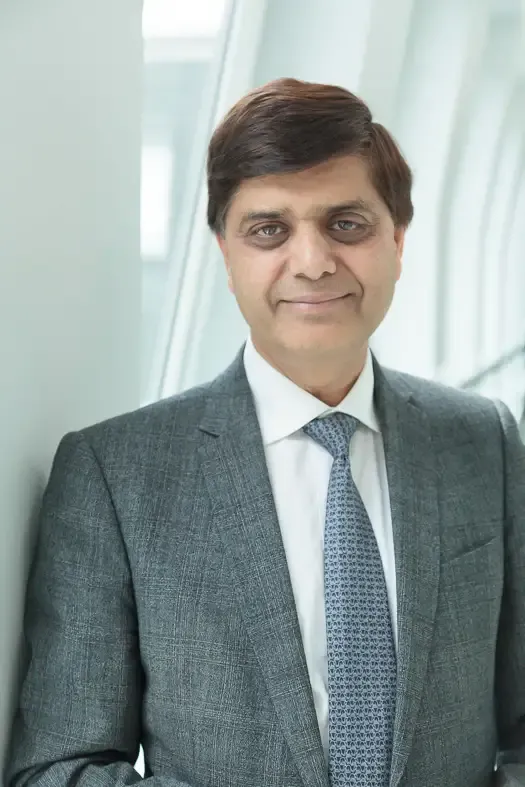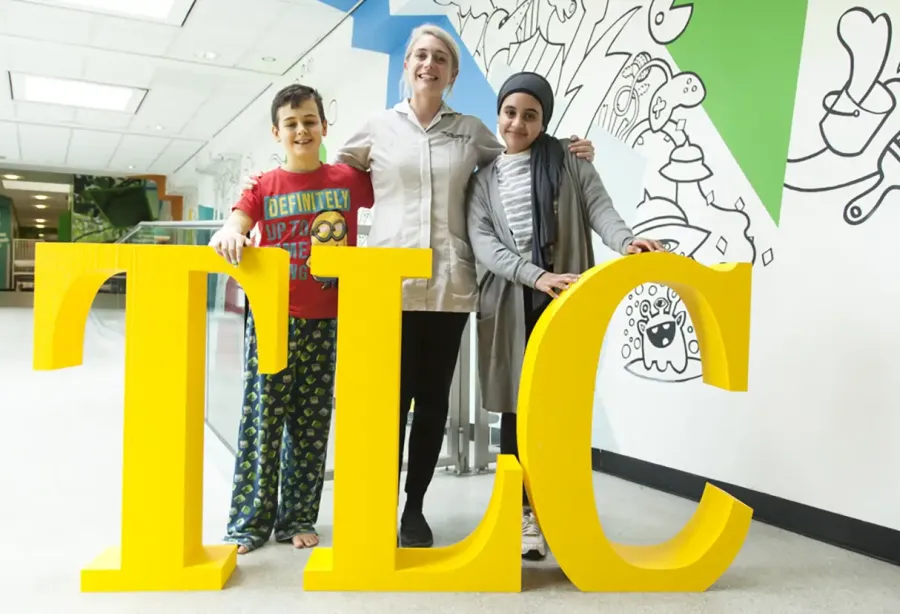Thanks to a group of generous philanthropists, in 2016 we realised our ambition to create a state-of-the-art paediatric research facility at King’s College Hospital. Named in honour of Professor Alex Mowat, a pioneering Consultant Paediatrician and Paediatric Hepatologist who worked at King’s College Hospital for 25 years, the MowatLabs provide the best possible working environment to coordinate and advance research into childhood liver disease.
Just as Professor Mowat pioneered new techniques and treatments, including the development of liver transplantation in children, the clinicians, researchers, nurses, surgeons and transplant specialists in the MowatLabs are helping to transform care and treatment for young liver patients.

Seeking answers to important questions
Professor Dhawan and his team use a variety of research methods to increase their understanding of liver disease, which is greatly helped by the MowatLabs’ unique and purpose-built location, next to the Children’s liver ward.
“We need to know why certain things happen in children’s liver disease.” says Professor Dhawan. “Once we have worked out how and why something occurs or has happened then it is a lot easier for us to find out what we can do about it; how we can change it or stop it.
“Then we can take that concept that we created in the laboratory and take it to the bedside and test it with patients. And once we have done that; answered a question, come up with a solution and proved that it works, we can then help to prolong a child’s life and improve their day-to-day living.”
Developing alternatives to liver transplantation
The research team has already made groundbreaking strides in their creation of microbeads, containing liver cells from organ donors, which can be transplanted into a child experiencing liver failure. The procedure supports their liver function while they receive treatment or wait for a transplant. The first clinical trial with nine children with acute liver disease will soon commence. The team believe that human liver cell (hepatocyte) transplantation could provide a real alternative to liver transplants and, if the clinical trial demonstrates a proof of concept, could also be used to treat adults.
Improving the quality of liver cells used for transplantation
The shortage of donor organs led to the development of King’s hepatocyte transplantation programme for very sick and dying children with liver disease. In order to help improve treatment, we are funding Dr Ragai Mitry, Head of Liver Cell Production and Research, to conduct research to improve the quality of the hepatocytes used. The outcomes of the research could be used to produce high-quality clinical-grade hepatocytes that would enhance cell functions, which would speed up recovery and potentially avoid the need for liver transplantation.

